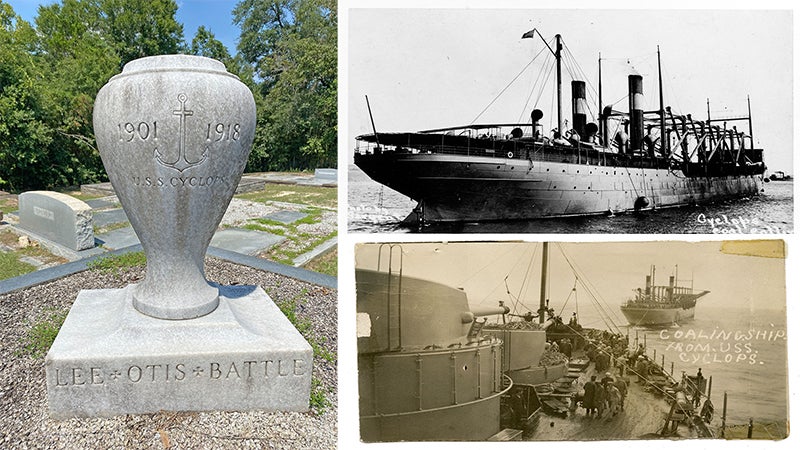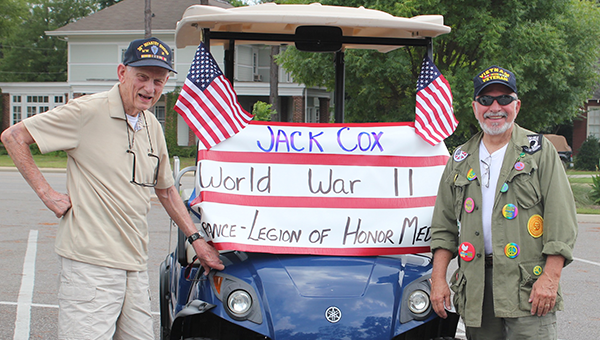This is a class we all need
Published 12:33 am Saturday, February 22, 2014
Before Tuesday, I never heard of a certification called mental health first aid.
Earning the certification is similar to getting trained for CPR, in that it trains someone to respond to a mental health issue in the same way a person trained in CPR would keep a heart pumping until professional help arrives.
Staci Wilson of South Central Alabama Mental Health explained to Rotarians that this initiative began in Australia and is now being promoted in the United States. The course teaches individuals not only to recognize the signs of addictions and mental illnesses, but also where to go for help. Additionally, it gives the trainee a five-step action plan to assess a situation and help in a crisis.
When Staci explained that to Rotarians, it sounded like a good idea. By the time I sat down to write this, I was convinced everyone at the newspaper should enroll immediately.
Thursday night in Florala, I listened in the overflowing city council chambers as residents spoke against rezoning property that will become part of a rehabilitation facility in Florala. The misconceptions about addiction were frightening. Based on comments made, one would think that all addicts are violent; that all addicts aim to commit rape or murder; and that currently, Florala is a safe haven from such persons.
The truth is that some addicts do, while in the addictive state, commit horrible crimes. But there are also alcoholics and addicts who are functional, and manage a relatively normal daytime life while clinging to their addictions at night. Functional alcoholics, they are sometimes called.
As I listened, it was obvious that some speakers had dealt with addicts and alcoholics who never got help. From their point of view, all addicts behave this way. Obviosly, these are issues we need to understand better.
Early Friday evening, I was the only person in the building to take phone calls for the newsroom. The caller said he has had drug problems in the past, has been to treatment, and can’t convince local dealers to leave him alone, he said. He has gone to law enforcement, but felt his plea for help wasn’t heard. Now, he said, he has a gun, and will deal with the dealers in the only way he knows how.
“They should be behind bars,” he said. “Instead it’s gonna be me ending up in striped pajamas.”
We talked about all the reasons that could be very bad. I asked him a lot of questions. Company arrived at his door, and I felt better about ending the conversation. He’s going to stop by the office and tell me more next week.
And I’m going to call Staci at 334.428.5044, or email her at staci.wilson @scamhc.org, and sign up. How about you?



